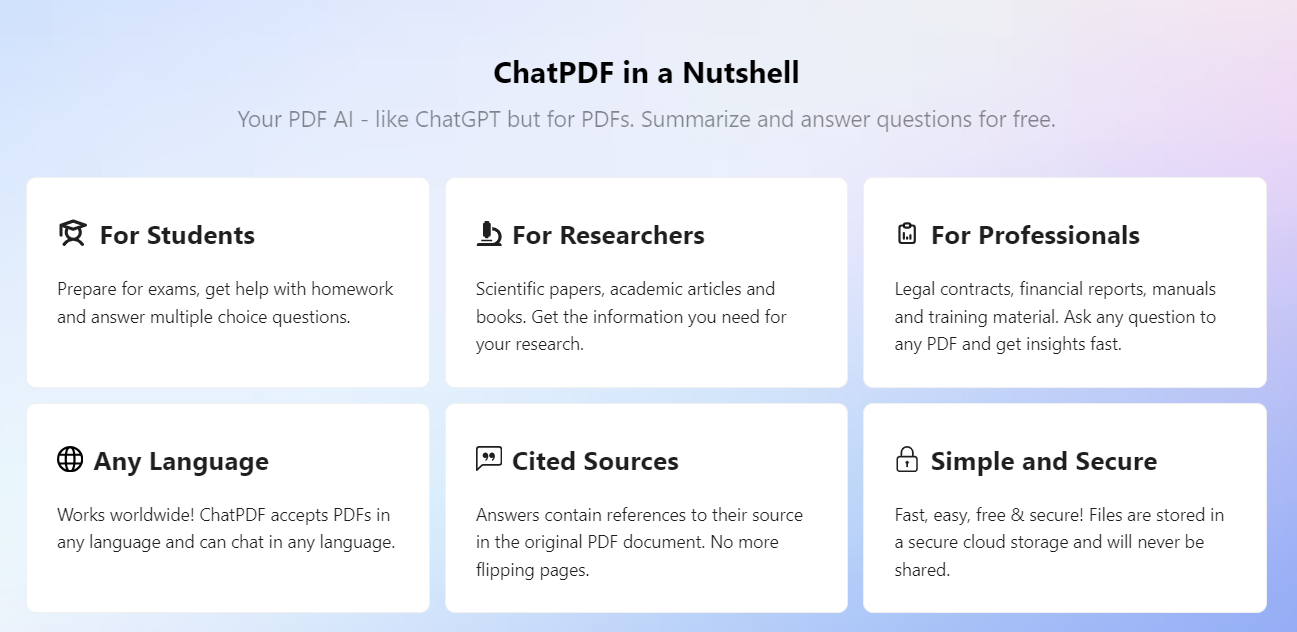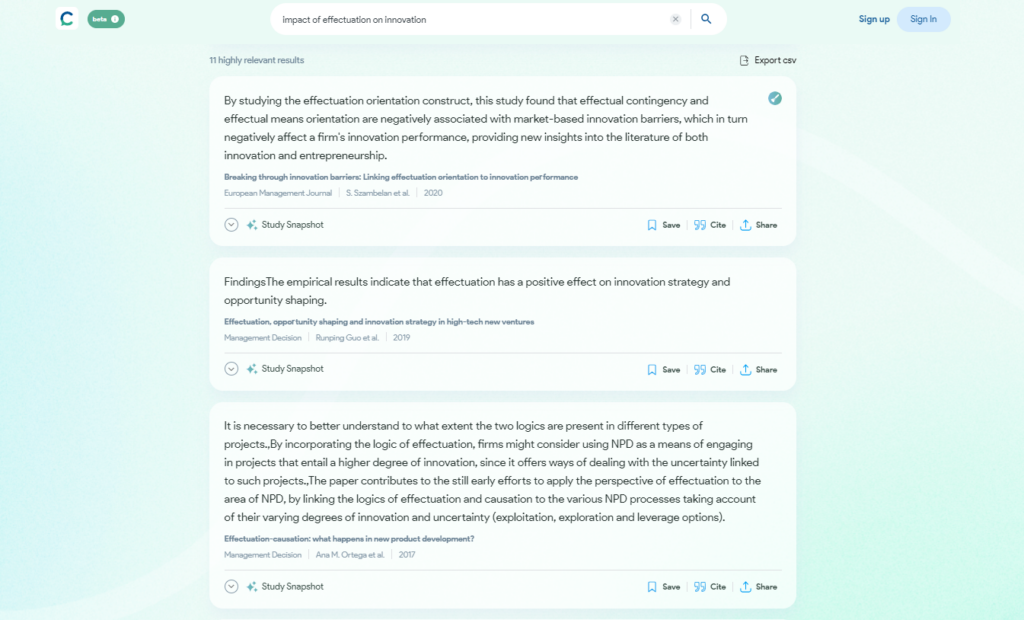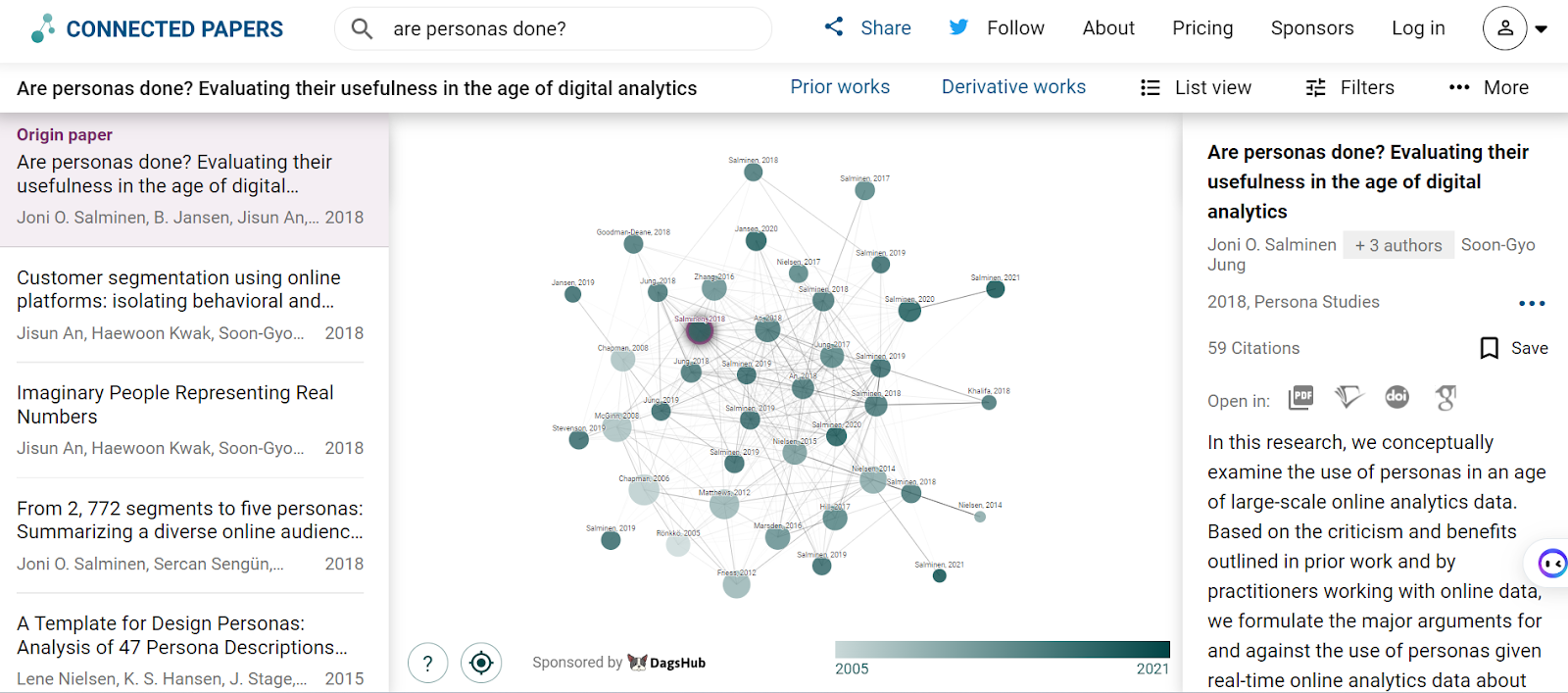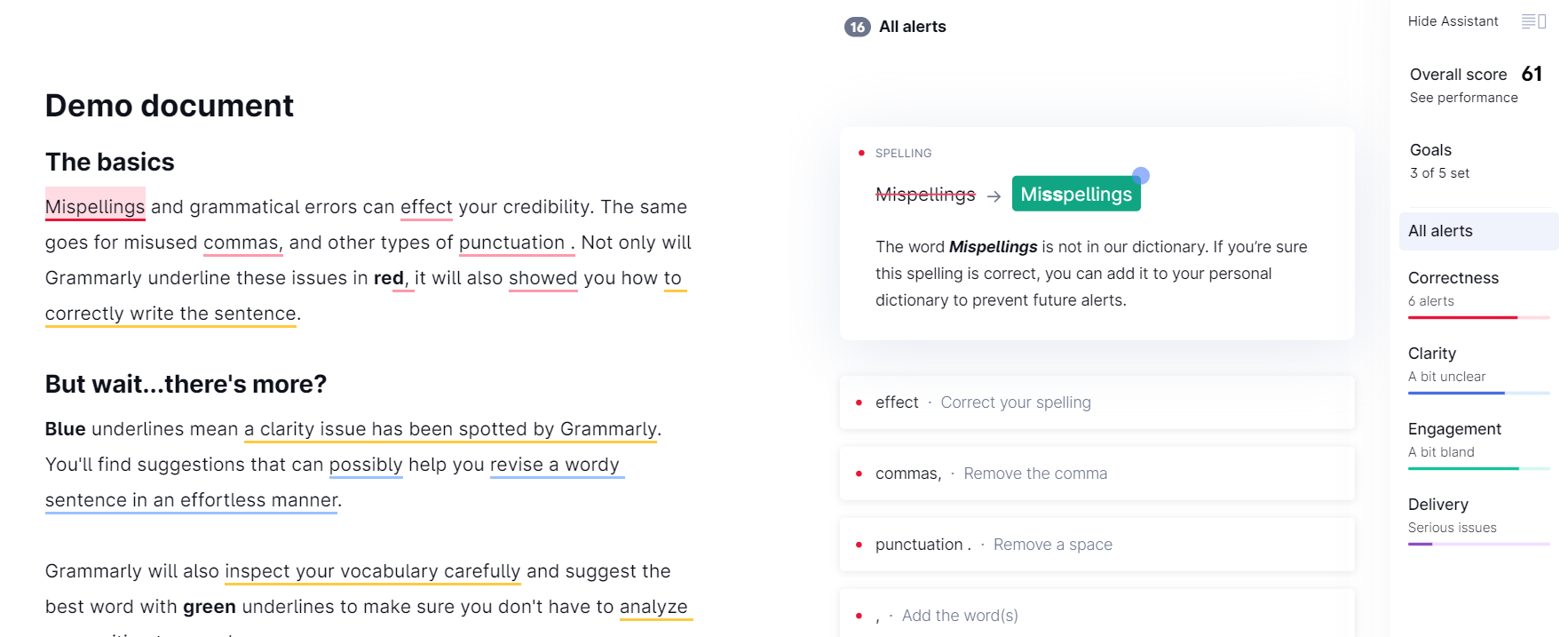AI-powered Solutions for Smart Academics!
As 2023 draws to a close, the multitude of possibilities encompassed by AI-based research tools has been limitless. Almost daily, you might have found yourself coming across a new tool promising to make research a little easier than it was before.
Whether it’s audio paper-readers, proofreading assistants, mind-mapping tools, or citation managers, the innovations brought by these AI-driven research solutions are both astonishing and truly refreshing, to say the least!
Here are some most common concerns that our fellow researchers and scientists have had about AI-based research tools:
“The multitude of available tools can be daunting…”
Tip: Prioritize finding ones tailored to your needs and stay updated on emerging options.
“Love AI-based research tools but hesitant about the cost…”
Tip: Rest assured, free versions are readily available
“Wouldn´t trust AI-powered tools for crucial academic research…”
Tip: You might be overlooking the potential of AI-powered research tools
“Not really a tech-savvy person…”
Tip: It´s not a pre-requisite, these tools are designed for academics irrespective of their tech-based knowledge
“Fear of over-dependence on AI-based research tools…”
Tip: Always use AI tools to assist you, but make your own decisions
In every industry when a revolutionary product is rolled out, there are early adopters, mainstream users and let´s not forget: skeptics. Academia is certainly no different!
When AI-powered research tools started gaining popularity, the early adopters in academia were quick to jump on the bandwagon. For others, this journey was far from smooth sailing and marked the beginning of a transformative journey.
What made the situation a lot more complicated was the lack of regulations regarding the use of AI-powered research tools. The question of to what extent should students be allowed to use AI for scientific work has been repeatedly raised and argued, in the past year.
A glance at the current academic landscape, now, reveals a noticeable shift. Numerous senior academics, once stringent about prohibiting tools like ChatGPT, have now softened their stance, permitting students to engage with it. The emphasis remains on using AI as a helpful tool rather than relying on it entirely.
This 5-minute would surely help
keeping scrolling…
Now that we have addressed the most common concerns of researchers, we´ll go a step ahead and share with you some tools our team uses at the ER Lab. This list can help you big time especially if you´re a social science researcher.
The ERLab or The Entrepreneurship Research Lab is an initiative by European Viadrina University and Campus Founders. We´re a team of 9 researchers who explore themes related to entrepreneurship with a specific focus on communication, creativity, and ecosystems.
Here are our top picks for AI-powered research tools:
An excellent tool that allows you to chat with a PDF. Simply upload a paper and start asking questions. Reading a research paper can take hours, and this tool can help you save time.
Here’s a helpful tip: If you have an exam tomorrow and not enough time, upload the whole book in PDF format and start asking questions. Once a question has been answered, ask ChatPDF to indicate the page number where the information is cited and double-check the information for accuracy.

Consensus is a great tool that utilizes AI to find evidence-based answers to your research questions. Simply make an account, and ask your research question. Consensus provides evidence-based answers cited from real academic papers. This tool also allows you to save, cite, and share the answers.
See the example below:

Connected Papers is one of our favorite tools at the ER Lab. It allows you to explore relevant literature in the form of a visual graph. Connected Papers offers a more efficient approach to discovering papers compared to conventional methods like Google Scholar or other paper databases.
Simply insert a keyword, paper title, DOI, or paper URL, and you’ll receive a visual graph displaying connected papers. Here’s a quick example for you:

Research Rabbit, often termed “Spotify for Papers” is a one-stop shop for all our literature review needs. It allows you to add papers of your interest and then generates countless relevant paper recommendations. It also provides the option to visualize papers, collaborate, and even share your collections with others.
Grammarly is the plugin of our choice to write, re-write and proofread our papers and documents. The tools supports you in developing your style and tone with suggestions to finish your sentences in a comprehensive and effective way. There is also a premium web-based version, which shows the quality of your text in detail:

In short, AI-based tools indeed make a significant impact. They enhance efficiency, save valuable time, and yield superior results. Moreover, looking ahead, the future of AI-powered research tools seems promising and we should brace ourselves for what´s coming next!
If you have any queries or thoughts, get in touch by leaving a comment below
